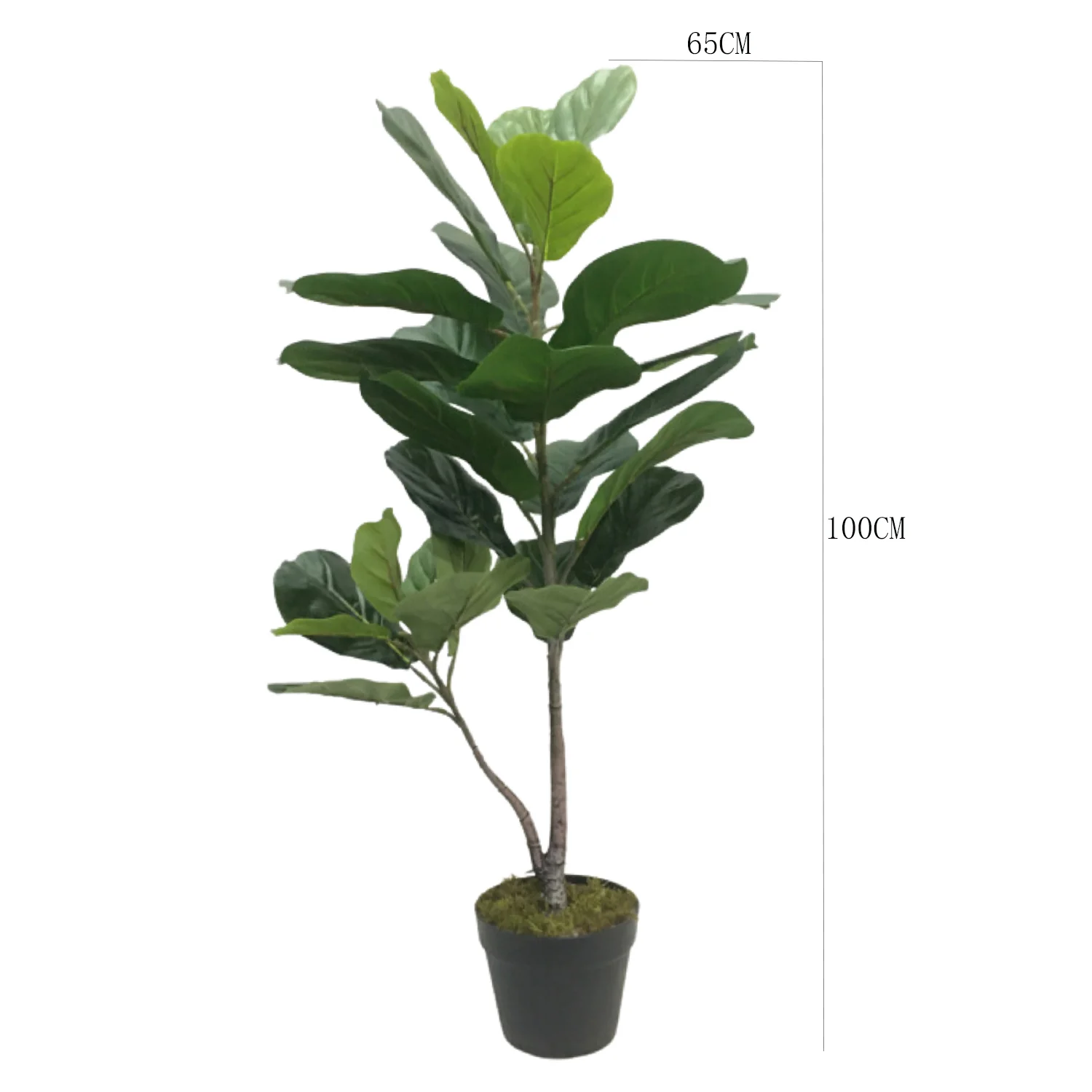
In today's fast-paced and hectic world, it's not uncommon to hear people longing for a slower, more relaxed lifestyle. The concept of a slow life has gained significant popularity in recent years, with individuals seeking to escape the constant rush and find solace in a more deliberate and mindful way of living. But what exactly is it about a slow life that captivates and resonates with so many? Let's delve into the reasons behind this growing trend.
- Embracing Mindfulness and Presence
One of the key attractions of a slow life is the opportunity it provides to fully immerse oneself in the present moment. In a world dominated by technology and constant distractions, many people find themselves yearning for a deeper connection with themselves and their surroundings. By slowing down the pace of life, individuals can cultivate mindfulness, allowing them to savor the simple pleasures, appreciate the beauty of nature, and engage in meaningful interactions with others.
- Prioritizing Well-being and Mental Health
The fast-paced nature of modern life often takes a toll on our well-being and mental health. Stress, anxiety, and burnout have become all too common. By embracing a slow life, individuals can prioritize self-care and mental well-being. This may involve adopting practices such as meditation, yoga, or spending quality time with loved ones. Slowing down allows for introspection, self-reflection, and the opportunity to recharge, resulting in improved overall health and happiness.
- Cultivating Authentic Connections
In a world dominated by social media and virtual interactions, genuine human connections have become increasingly rare. A slow life encourages individuals to invest time and energy in building meaningful relationships. By slowing down and being fully present in social interactions, people can foster deeper connections, nurture friendships, and create a sense of community. This emphasis on quality over quantity enriches lives and provides a sense of belonging that is often lacking in our fast-paced society.
- Rediscovering Simplicity and Minimalism
The pursuit of a slow life often goes hand in hand with embracing simplicity and minimalism. In a consumer-driven culture that constantly bombards us with advertisements and the pressure to accumulate material possessions, many individuals are seeking a more minimalist approach. By decluttering their physical and mental spaces, people can focus on what truly matters, reducing stress and finding contentment in the simple joys of life.
- Preserving the Environment and Sustainable Living
A slow life is closely linked to the principles of sustainability and environmental consciousness. By slowing down and adopting a more intentional approach to consumption, individuals can reduce their ecological footprint and contribute to a healthier planet. This may involve practices such as buying locally sourced products, reducing waste, and embracing eco-friendly alternatives. The slow life movement recognizes the importance of preserving the environment for future generations and promotes a more harmonious relationship with nature.
In conclusion, the allure of a slow life lies in its ability to provide respite from the fast-paced, demanding nature of modern society. By embracing mindfulness, prioritizing well-being, cultivating authentic connections, rediscovering simplicity, and preserving the environment, individuals can find fulfillment and a deeper sense of purpose. In a world that often values speed and productivity above all else, the slow life movement offers a refreshing alternative—a chance to savor life's moments and find true happiness in the present.


